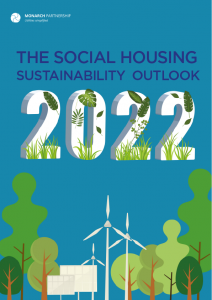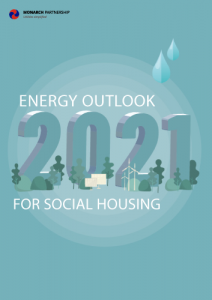Monarch Explains: Carbon Footprinting in the workplace
As providers of sustainability, waste, water and energy management services, we feel that we must walk the walk if we are going to talk the talk. We have to show as well as tell. If we are to provide monitoring and targeting services to help companies become more sustainable and streamlined in their energy usage, there should be no company more streamlined than ourselves. And to add to this, our business is built around extracting bounteous levels of data, so if there’s one thing we won’t struggle with, it’s the forensics of our carbon footprint. For this reason, we have created a guide to carbon footprinting in the workplace, which can be viewed below. The guide has the dual purpose of documenting our journey of measuring and reducing our carbon footprint, and explaining how you can do the same in your workplace.
Why reduce your carbon footprint?
Whether you’re a company (multinational or SME), Housing Association or NHS Trust, understanding your carbon footprint and environmental impacts has a range of interconnected environmental, financial and social advantages. From reducing energy consumption, preventing unnecessary waste and standing out as an industry ‘green champion’, reducing your carbon footprint and boosting your sustainability performance is a proven way of securing integrated benefits for people, planet and profitability.
As part of the UK’s legal obligations under the Climate Change Act 2008, the UK is required to reduce greenhouse gas (GHGs) emissions by 80% by 2050 (against 1990 levels). In addition, as a signatory to the Paris Agreement, the government and industry is committed to keeping global temperature increases “well below” 2C and will take all necessary actions to limit it to 1.5C.
A range of regulatory programmes in place at the moment, including the European Union Emissions Trading Scheme (EU-ETS), ESOS, Climate Change Agreements (CCAs) and voluntary Corporate Social Responsibility (CSR) schemes require organisations from all sectors to collect, verify and report on data relating to their carbon footprint.
Guide to carbon footprinting in the workplace
Take a look at our full Sustainability portfolio
Why should SMEs embrace sustainability?















